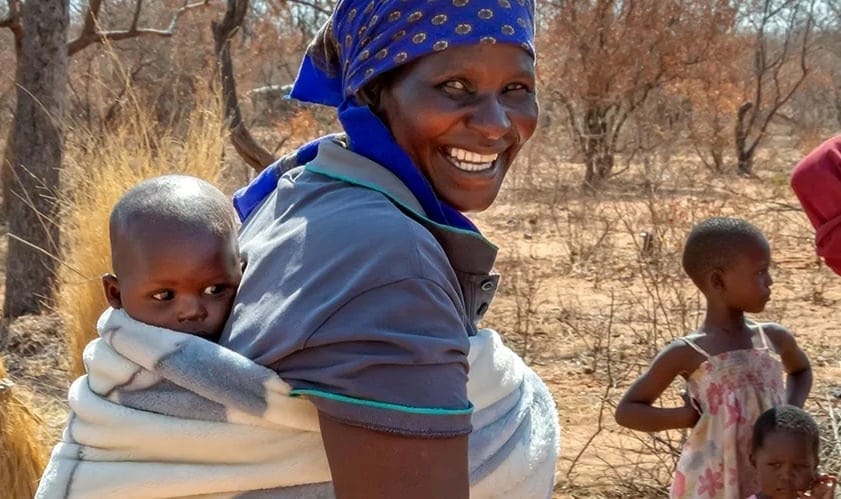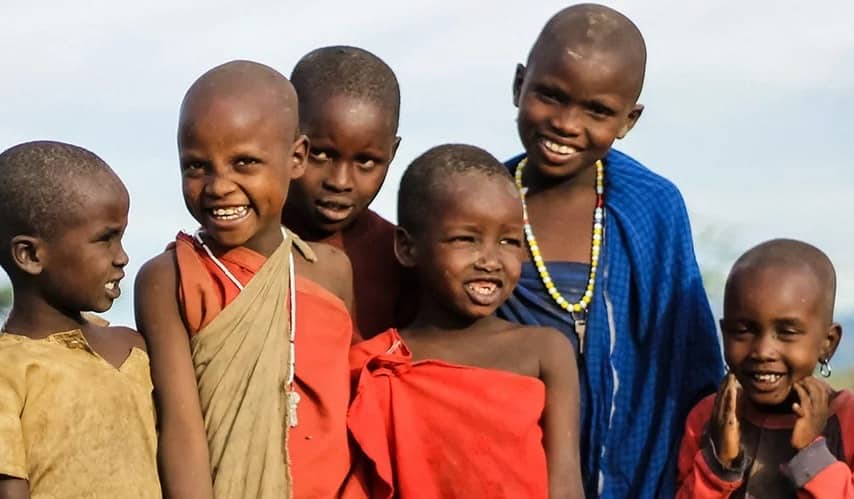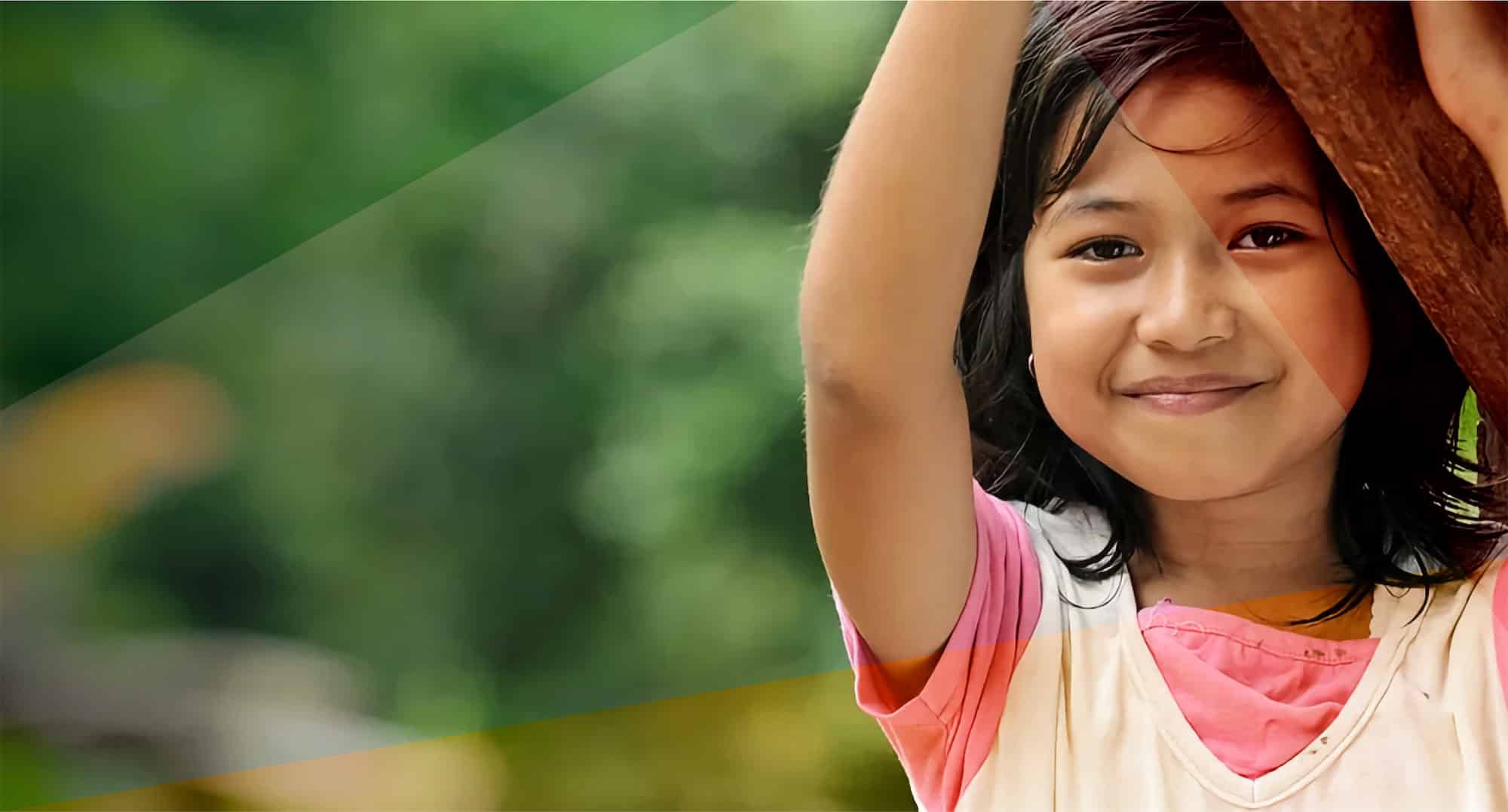OUR APPROACH
Since 1989, Medical Ambassadors Canada has been working to heal communities and transform lives.
Jesus’ ministry on earth revealed that he cares for the WHOLE person. He was moved by people’s spiritual AND physical pain. At Medical Ambassadors Canada, we strive to follow the example Jesus set for holistic healing.
We use a development process called Community Health Evangelism (CHE) that addresses the needs of the whole person—physical, spiritual, emotional, and social.
By using CHE, Medical Ambassadors is equipping individuals to be independent workers and evangelists in their own communities. The CHE methodology is built on specific core values.

What is CHE?
Community Health Evangelism (abbreviated CHE; pronounced chay; in some countries, depending on the context the program, is referred to as Community Health Education or Community Development Education) is a multifaceted approach to Christian ministry that addresses the needs of the whole person—physical, spiritual, emotional, and social. It is a strategic way to facilitate holistic transformational development or integral mission.
The purpose of CHE work is not just breaking poverty or planting churches, though both of those things are accomplished. The real goal of our work is a transformation in lives and communities that is as deep as the human heart and as broad as the whole range of the human experience in the world God made. We want Jesus to be recognized as Lord over all creation and our development activities to reflect the depth and breadth of the kingdom of God. We are asking God to work in us and through us to transform beliefs and change behavior so that His peace, justice, compassion, and righteousness are reflected in the life of the communities we serve.


Initiatives
We will go to any location that requests our help, although first we would make sure there isn’t someone more local to do it in the first place. Our sister organization MAI (Medical Ambassadors International) is in many more countries than we are, and many of our regional coordinators work with MAI as well.
Training
We believe that development work should be community owned. We promote this core principle by training workers in a very specific development philosophy known as Community Health Evangelism (CHE) which focuses on transforming lives both physically and spiritually.
Trauma Healing
Tuesdays and Fridays, Online, 10 AM to 12 PM Eastern Time, English language
Dominican Republic CHE Internship
Cost $1200, includes materials, room, and board.
Spanish Language
Anti-Human Trafficking Workshop
International Wholistic Missions Conference
Fees $50
